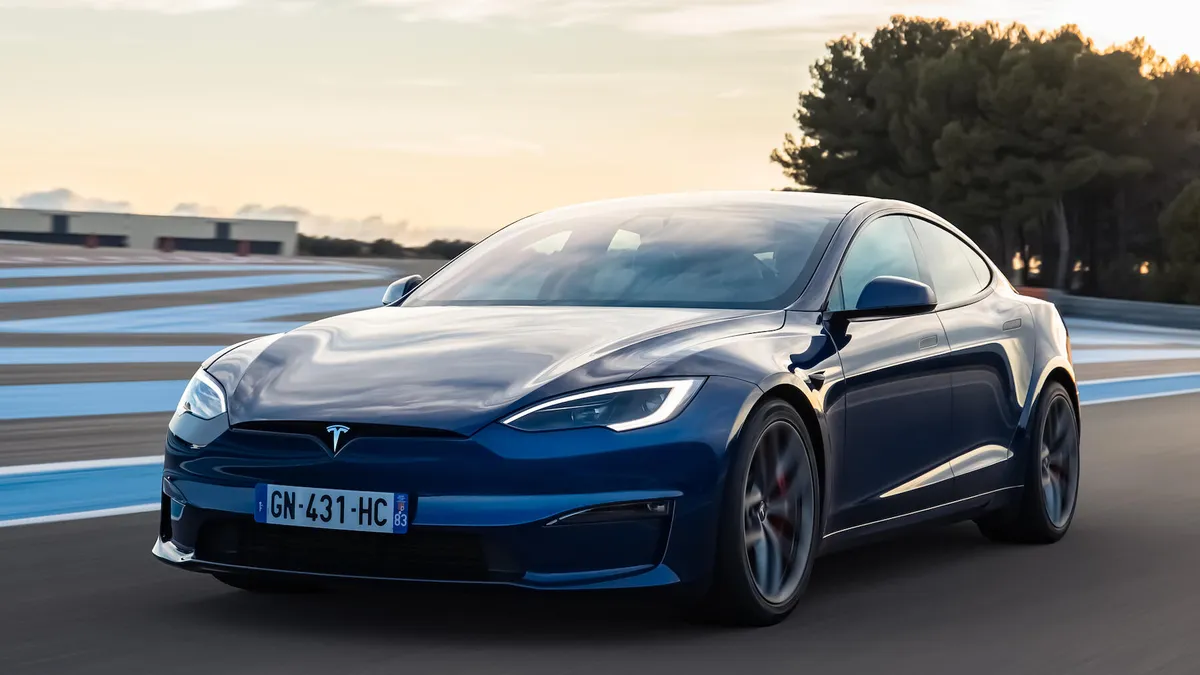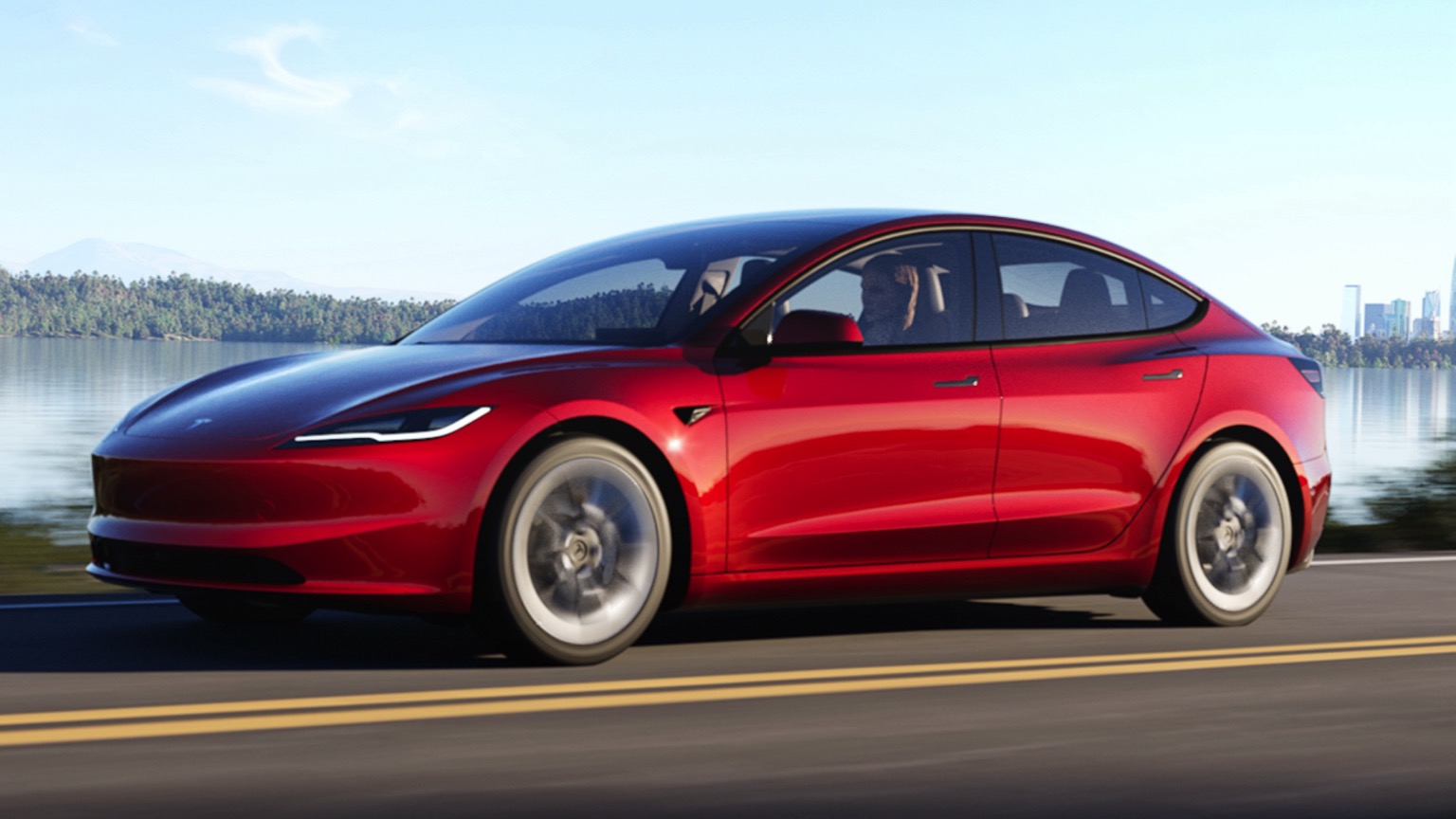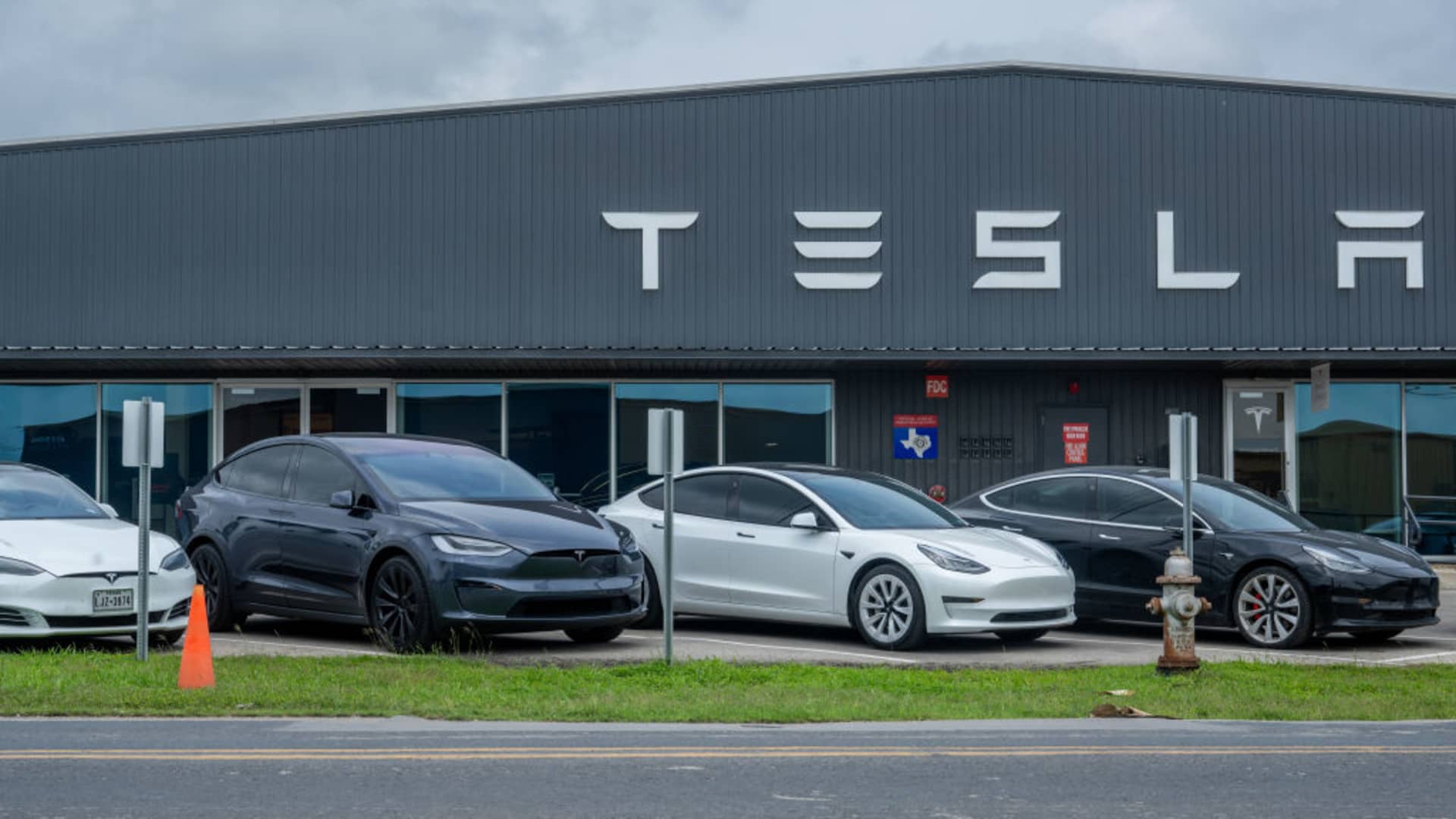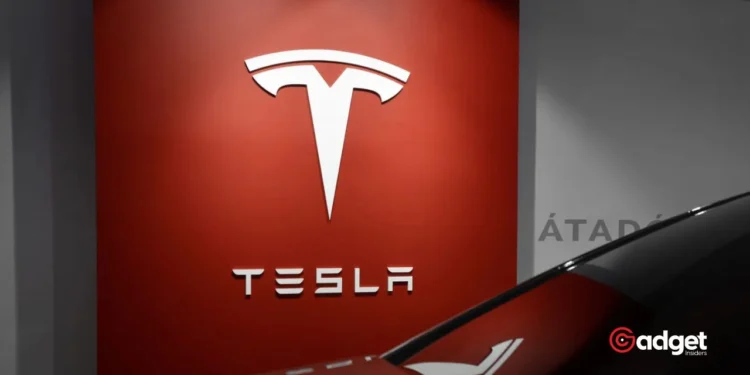Electric vehicles (EVs) are heralded as the future of transportation, with their promise of reduced emissions and innovative technology. However, not all players in the EV market are cruising smoothly. Amidst a backdrop of fluctuating sales and market uncertainties, Fisker, a notable Tesla competitor, finds itself in a precarious financial situation, potentially leading to a Chapter 11 bankruptcy.

A Rocky Road for Fisker
Despite Fisker’s ambitious mission to produce the world’s most sustainable and emotionally resonant electric vehicles, the reality has been harsh. The company has struggled to transition from its visionary hype into tangible sales success. Recent reports suggest a grim picture: production lagging with only 4,789 Fisker Ocean units produced in the last quarter of 2023, and a concerning drop in deliveries to just 3,818 vehicles. Over the course of the year, the figures weren’t much better, with total deliveries barely crossing the 4,900 mark.
This production hiccup is part of a broader trend affecting the EV market. According to Kelley Blue Book and Cox Automotive, while the overall sales of EVs continue to grow, the pace has significantly slowed. The first quarter of 2024 saw a mere 2.6% year-over-year increase, a stark contrast to the robust growth in previous years. This slowdown is compounded by a variety of factors, including the high cost of EVs compared to traditional combustion engine vehicles and an underdeveloped charging infrastructure.
Financial Struggles and Strategic Moves
In a candid admission within their fourth-quarter report, Fisker highlighted serious liquidity concerns and hinted at ongoing negotiations with a large automaker. This potential lifeline could include an investment, joint development of EV platforms, and North American manufacturing. However, the deal is far from sealed, contingent on thorough due diligence and the finalization of definitive agreements.

The urgency of Fisker’s financial situation became starkly apparent with the company’s recent failure to make a $3.5 million loan payment, as detailed in a filing with the Securities and Exchange Commission. This financial misstep has led to a domino effect, with tens of thousands of customers canceling their Ocean reservations, fearing the company’s inability to provide long-term service and support.
The Future Outlook
Despite the turbulence, Fisker’s plight is not just a tale of financial woes but also a reflection of a sector at a crossroads. Tesla, too, has felt the pinch with a 9% slump in sales in the recent quarter, albeit its challenges are compounded by the polarizing antics of its CEO, Elon Musk, which may have alienated some of its eco-conscious customer base.

As Fisker scrambles to secure additional funding or finalize strategic partnerships, the broader question looms: can lesser-known EV manufacturers navigate the choppy waters of a market dominated by giants like Tesla? For Fisker, the coming months are crucial. The outcome will not only determine its fate but could also signal wider trends in the electric vehicle industry’s evolution.
With the electric wave riding high, Fisker’s journey through financial turbulence is a poignant reminder of the challenges lurking in the waters of innovation and progress.










